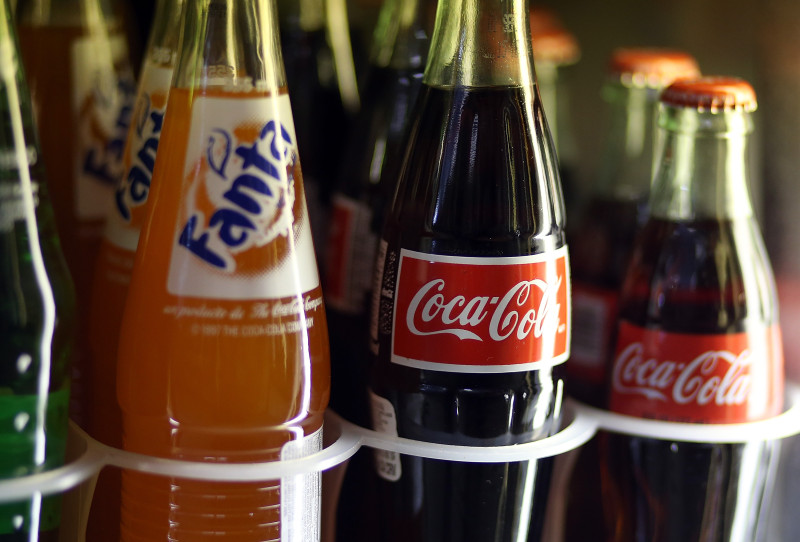Consultants on both sides of the soda tax wars that enveloped Berkeley and San Francisco last year have not kissed and made up.
The two sides squared off at a Berkeley post-election conference Saturday -- and neither side minced their words.
Pro-soda tax consultants especially came out swinging -- and they were happy to expand their criticism beyond the soda industry and strategist Roger Salazar, who was on the panel.
Salazar was the spokesman against soda taxes proposed in both San Francisco and Berkeley last year; San Francisco's, which needed two-thirds majority support, lost.
Larry Tramutola, who helped trounce the soda industry in Berkeley -- the one jurisdiction where health advocates have been able to overcome the industry's big, big spending -- said supporters of these types of taxes have had to go to the local level because Sacramento politicians are "locked up in (the soda industry's) back pocket."
